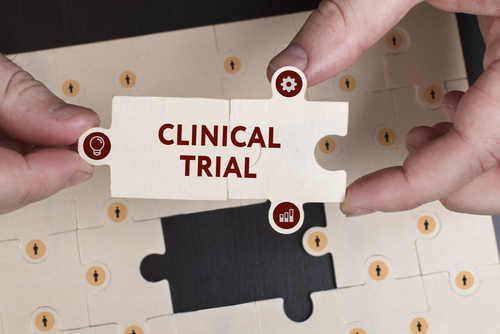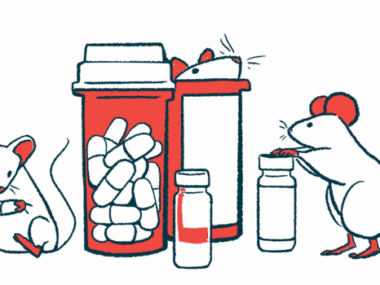High-dose Genistein Shows No Clinical Benefit for Treating Sanfilippo Children, European Study Shows
Written by |

Results from a Phase 3 clinical trial evaluating the use of high-dose genistein in children with Sanfilippo syndrome shows that its use has no meaningful clinical benefit.
Sanfilippo syndrome — also known as Mucopolysaccharidosis III — encompasses a group of rare diseases that are caused by a deficiency in one of the enzymes necessary to break down a large molecule called heparan sulfate (HS).
Genistein works to reduce the levels of accumulated HS in the body and the brain, and also holds anti-inflammatory properties. The type of genistein used in the trial was synthetically produced as a pure (aglycone) form of the drug. Genistein also can be purified from soy extract, however, it is not the same product, because the naturally occurring form of genistein may not be absorbed as efficiently by the digestive system.
Previous preclinical studies have shown that treating a mouse model of Sanfilippo disease IIIB (MPSIIIB) with genistein led to significant delay in neurodegeneration as well as behavioral correction.
This double blinded, randomized, and placebo-controlled Phase 3 trial (GENiSIS2013), assessed the safety and effectiveness of high-dose genistein aglycone in children with MPSIIIA, B and C.
Patients were given 160 mg/kg/day genistein or placebo for one year, followed by a year of open-label genistein. Twenty-one patients were recruited for the study and two withdrew.
Researchers evaluated the levels of HS in the plasma, urine and cerebrospinal fluid and urine GAGs (types of compounds that include HS) at baseline, and then again one and two years after initiation of treatment. Additionally, researchers conducted a range of neuropsychological tests and actigraphy (a non-invasive method of monitoring human rest/activity cycles).
Results from the neuropsychological tests showed there was no measurable clinical benefit from genistein administration. Specifically, there was no change in the Developmental Quotient (a number expressing the development of a child) at 12 months between genistein and placebo groups.
Although CSF HS at 12 months was slightly lower in the genistein group, the primary goal of a significant reduction in CSF heparan sulphate was not met. No significant adverse side effects were observed.
Results from this trial do not support the use of off-label high-dose genistein aglycone to treat Sanfilippo syndrome in children.
Additionally, no further clinical trials for use of genistein are planned in this patient population.
This was a concerted clinical trial funded by the UK society for Mucopolysaccharide Diseases, The National MPS society and the GEM appeal, and sponsored by the Manchester University NHS Foundation Trust.




